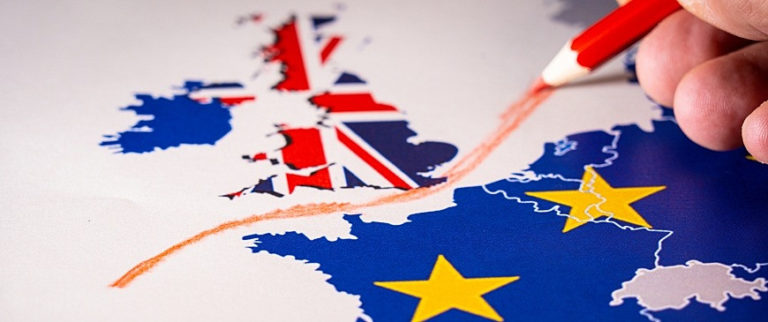Breathing a sigh of relief that the feared “no deal” did not occur, at a distance of four years from the referendum on Brexit, this past 24 December, London and Brussels finally reached an agreement, signing a free trade agreement that avoids paying customs tariffs. The stakes are extremely high: the agreement is worth 700 billion a year, with trade alone between Italy and Great Britain arriving at 30 billion in 2019 (with 20 represented by our exports and 10 by their imports, resulting in an extremely favourable trade balance for us), while in 2020, the final figure was estimated at around 25 billion despite the pandemic.
What will change for businesses that work on two fronts? Even if customs tariffs are eliminated, businesses will have to adapt themselves to the new customs procedures that will include higher costs. Another potential threat, according to experts, is the eventual depreciation of the pound, which could lead to a reduced number of exports from Italy.
The fashion industry, which was on high alert because of its concern for a “hard Brexit”, which would have made its economic position even worse after the crisis triggered off by Covid-19, is not fully satisfied with the deal. When all’s said and done, it will have to face a ton of extra bureaucracy, high trading tariffs that will cause price increases, longer delivery times, and a stock availability that is more limited.
Italian footwear is also not very optimistic. The United Kingdom is one of the historic markets of reference for Made in Italy footwear: as the fifth destination for exports (12.8 million pairs for a value of 672 million euros in 2019, with a 6.5 share in sector sales), it maintained its ranking also in 2020, despite the repercussions of the healthcare emergency which put a stop to international trade (-29.1% in quantity and -23% in value), with a preference for high and mid to high-end products, as seen by the uptrend in the average price by +20% between 2015 and 2019. “The signing of this agreement will undoubtedly weigh upon trade relations with inevitable repercussions also for the footwear industry. – explains Siro Badon, President of Assocalzaturifici, to Fotoshoe – Translated it means increases in the costs associated with the import procedures of Made in Italy products. It’s not so much a matter of customs tariffs, because the agreement made between the two economies does not call for any ad valorem tax on Made in EU footwear. However, the export registration processes and the formalities regarding declarations of origin, which although they are not intolerable thanks to the REX systems already implemented for other free trade agreements, will in any case impact business costs. To say nothing of the burden of proof in case the origin of the products is called into question. These are all elements that impact with extra costs and labour the procedures that in a business relationship with a EU country does not exist”.
In any case, Assocalzaturifici gets ready to support its businesses and meet the demands of the market, with Siro Badon adding: “Undoubtedly Brexit will entail higher costs with regards to customs operations and the documentation processing necessary for productions exported to this market. An extended supply chain could entail inspections and checks in accessing preferential tariffs reserved for Made in EU products. There will accordingly be unavoidable changes for our companies that would like to intercept the UK market. Our association naturally provides them with all the necessary expertise with services created ad hoc for the reorganisation and optimisation of the supply chain while helping them prepare for customs operations”.
At the end of the darkest year in the history of international trade, although this deal, which has yet to be perfected, may not have satisfied everyone, its mechanism has been set into motion and all that’s left to do is to find a way to adapt to the new situation.



